- Itinerari
A dip into the green
The parks of varese
Non si può dire di conoscere veramente la città di Varese senza passeggiare in alcuni dei suoi meravigliosi parchi: ne segnaliamo tre imperdibili!
- Parco di Villa Toeplitz
- Parco di Villa Milyus e il suo Parco Gioia
- Parco Ville Ponti
Mostra cosa c'è nelle vicinanze:
Itinerary stages
Parco di Villa Toeplitz
The park of Villa Toeplitz, in the Sant’Ambrogio neighbourhood. It is one of the most distinctive and extravagant green spaces in the Varese area.
The initials "G.T.", which stand for Giuseppe Toeplitz, welcome you at the top of the elegant entrance gate. Once you cross the threshold, you are immersed in an expansive romantic garden that spans nearly eight hectares. It has statues, a tennis court, and a pond, but most importantly it has the world famous water features. Giuseppe's wife Edwige was undoubtedly the soul of this park. She was an enterprising and emancipated woman. Her passions were travelling to the Orient, astronomy and theatre, and she contributed her own insights to the garden's design.
Next to the family residence, which was repurposed in an eclectic style in 1918, is a “roccolo”, or a hideout. It is surrounded by hornbeams, and it is for hunting birds.
Once you traverse the open outdoor space with its fountains and statues, you will arrive at the guest house, which was originally for the villa’s guests. Today it is the Castiglioni Museum, an ethno-archaeological collection of great interest.
Parco storico di Villa Mylius e parco Gioia
Villa Mylius, located near the city centre and built around the 18th century, has a splendid public municipal park, occupying more than 60,000 square metres.
When you visit, we recommend you start at the main entrance. Follow the trail that allows you to immerse yourself in the Villa’s romantic-style park. Along the way, you’ll see numerous specimens of oak trees, such as the cork oak, one of the few remaining in the Varese area. There are also multiple Tsuga trees from Canada, imported to Europe in the late 18th century, and other spectacular tall trees such as sequoias, osmanthus and beech trees. There is also no shortage of fragrant flowers such as roses, camellias, and magnolias.
Within the garden of Villa Mylius, there is the fully inclusive Gioia Park, equipped with a tactile-planting trail that can welcome guests with sensory impairments or disabilities.
Parco Ville Ponti
On the hill of Biumo Superiore, you’ll find the Ville Ponti complex, which includes two residential villas, built between the 17th and 19th centuries. Named after the textile industrialist Andrea Ponti, who bought the villas in 1838, he brought together the gardens, which became one of the most extraordinary examples of "romantic gardens" in the city.
Villa Andrea Ponti, neo-Gothic in style, is surrounded by a beautiful English-style park designed by architect Balzaretto around 1858. The botanical richness of the park is due to the exotic plants that were imported, as well as the cedars, yews and magnolias. A distinguishing element of the park in front of Villa Andrea is the "vague Dutch layout" which allows for a mutual dialogue between the city and the Villa itself.
Continuing along the trail, you come across the Villa Napoleonica, or Villa of Fabio Ponti. It is the oldest residence, built between 1820 and 1830, in the neoclassical style and it is surrounded by a beautiful garden, with its conifers, beech tree beds, maples with striking seasonal colours, and grottoes.
One last bit of trivia: Giuseppe Garibaldi, during the famous Battle of Varese in 1859, used it as his headquarters. In the park, just in front of Villa Napoleonica, there is a plaque commemorating the fact that from that spot, now called Poggio Garibaldi, the hero of two worlds directed the war operations that led to the defeat of General Urban and ousted the Austrians.
